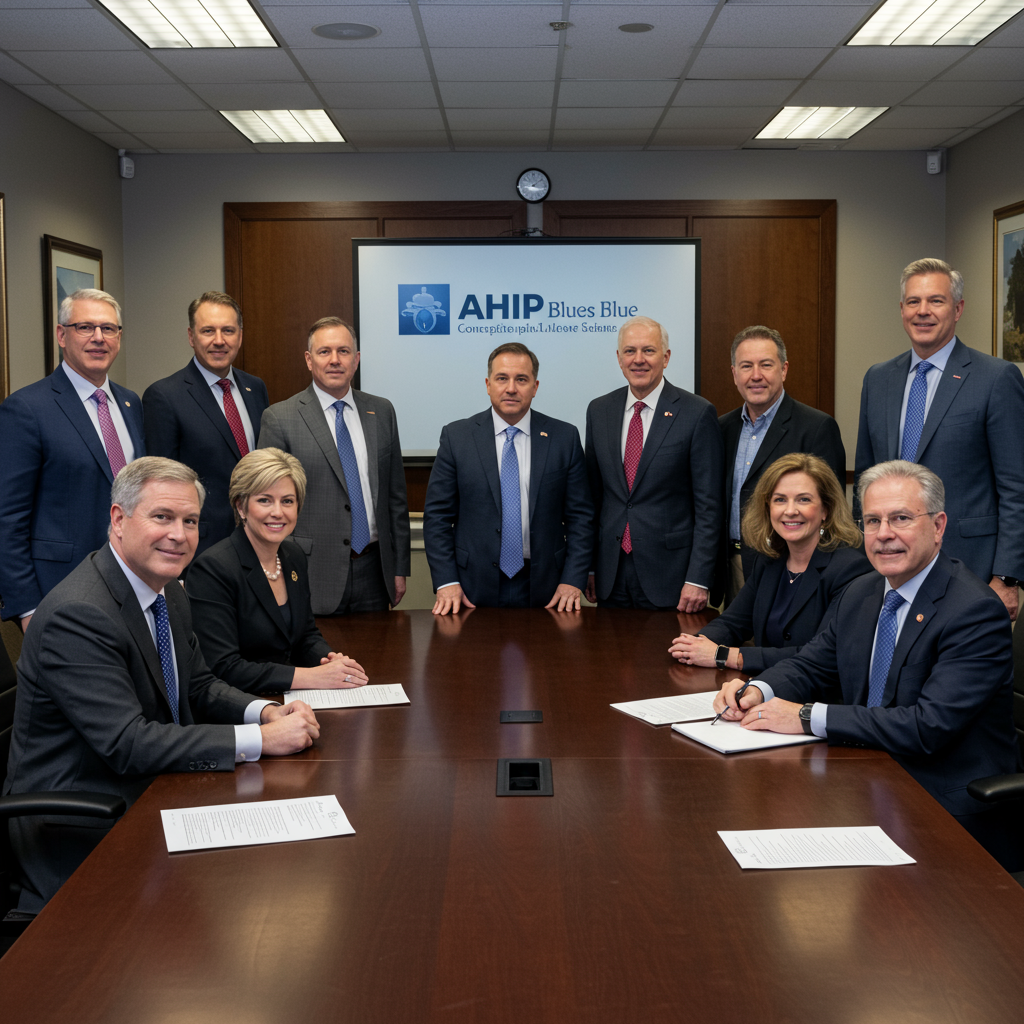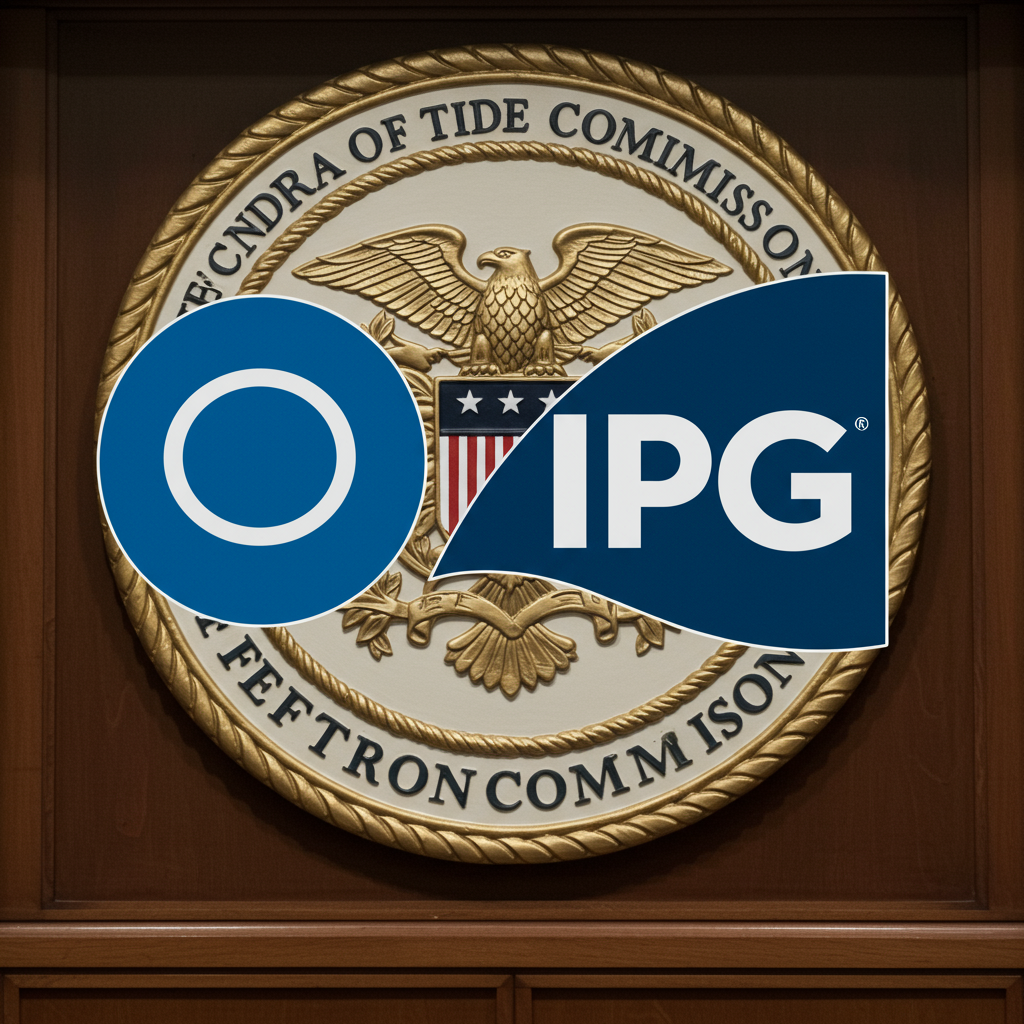Dozens of America’s leading health insurers, collectively covering 257 million Americans, have announced a significant commitment to tackle one of healthcare’s most persistent pain points: prior authorization. This practice, requiring pre-approval from insurers before patients can receive certain medical treatments, is widely acknowledged as a source of frustration and delay for patients and healthcare providers alike.
The announcement, spearheaded by major industry trade groups AHIP and the Blue Cross Blue Shield Association, includes many of the nation’s largest health plans such as UnitedHealthcare, Aetna (CVS Health), Cigna, Humana, Elevance Health, and Kaiser Permanente, among others.
Why Prior Authorization Sparks Debate
Insurers maintain that requiring a sign-off before care is delivered is essential for controlling costs, ensuring treatments are safe and effective, and promoting evidence-based care. However, critics, including physicians and patient advocates, often view the complex process as a barrier that can lead to unnecessary delays or even denials of necessary medical treatments, impacting patient access and adding administrative burden to healthcare provider workflows. The industry itself acknowledges the challenges navigating the current system presents for both patients and providers. This renewed focus on the issue comes after events that have brought public anger and frustration regarding care denials and delays into sharp focus.
A Commitment to Streamline and Reduce
Under the voluntary pledge, participating health plans are committing to concrete steps aimed at streamlining, simplifying, and reducing the scope of prior authorization. The goal is to lead to faster, more direct access to appropriate treatments for patients and create a more efficient and transparent process for providers.
Key elements of the commitment include:
Faster Electronic Approvals: By 2027, insurers aim to answer at least 80% of electronic prior authorization requests containing the necessary clinical documentation in real time. They will also work towards establishing a common electronic prior authorization process to expedite decision timelines.
Reducing What Needs Approval: By early 2026, health plans intend to decrease the types and scope of services and claims that require pre-approval.
Smooth Transitions for Patients: Plans will honor existing prior authorizations for 90 days when patients switch carriers while undergoing treatment.
Clearer Decisions and Appeals: Insurers will provide clear explanations for coverage determinations, including detailed information on how to appeal a decision. This is set to apply initially to commercial coverage by early 2026, with efforts to expand it.
- Medical Review for Denials: Any requests that are denied will continue to undergo review by medical professionals, maintaining the current standard.
- ktvz.com
- labour.org.uk
- www.bbc.co.uk
Momentum for Change
Some insurers have already begun implementing changes ahead of the industry-wide targets. For instance, UnitedHealthcare announced plans earlier in 2025 to use technology and standardization to speed up preapprovals for Medicare Advantage patients and reduce the number of required prior authorizations for certain services within that program. Similarly, Cigna indicated it would create specialized concierge teams to assist patients facing challenges with prior authorization or claims and make it easier for doctors to submit required information.
While physicians have offered measured approval of this initiative, the commitment addresses long-standing concerns. Major trade associations for health insurers, physicians, hospitals, and pharmacists released a consensus statement in 2018 on improving prior authorization, but patient and provider frustrations have unfortunately persisted.
This latest pledge signals a significant, voluntary effort by the health insurance industry to address the administrative burdens and patient access issues associated with prior authorization, aiming for a more efficient and transparent healthcare experience for millions of Americans.




